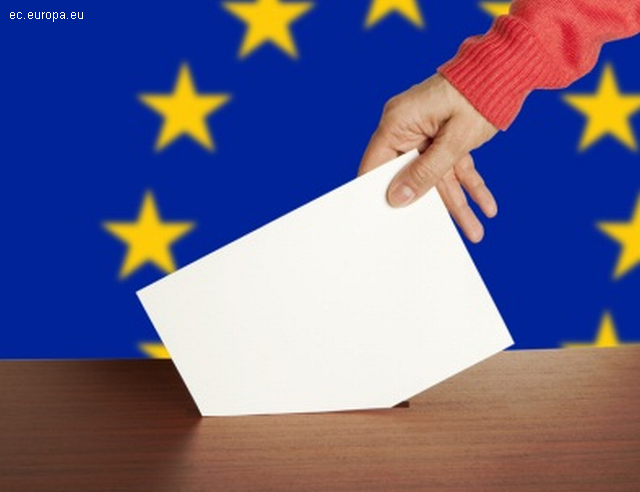European Parliament Elections
Between May 22nd and 25th EU voters are called to the polls to elect the new members of the European Parliament.

Roxana Vasile, 22.05.2014, 13:48
Starting Thursday until Sunday, 375 million eligible voters are expected to the polls to elect the 751 parliamentarians that will represent them in the future European Parliament. The voting has already started in Great Britain and the Netherlands on Thursday. The Czech and the Irish will cast their votes on Friday, and the citizens of Latvia, Malta and Slovakia are expected to the polls on Saturday.
Actually, the Czech Republic is the only country in the EU where elections cover two days, as they will continue on Saturday. Sunday, May 25th is the EP election day for most of the EU member states, including Romania, where 18.3 million citizens with the right to vote are expected to the polls between 7 a.m. and 9 p.m. They are supposed to choose from among 15 parties and alliances and 8 independent candidates running for the 32 seats that Romania is entitled to in the EP.
18 thousand 532 polling stations have been organized all across Romania, and the Romanian citizens abroad can vote in another 190 stations, hosted by Romania’s diplomatic and consular missions abroad, Romanian cultural institutes and the theaters of operations in Afghanistan. No result will be made public until the last polling station on the continent has been closed.
According to the latest opinion polls, the European People’s Party will remain the largest group in the European Parliament, although their popularity has dropped. Next come the Social Democrats. What is worrying is the significant headway of the Euro-skeptics who, though extremely heterogeneous, might get a lot more seats than at the previous elections and thus become the third force in the European Parliament. The radical Left is also very likely to make significant progress, right behind the Liberals and outranking the Greens.
Anyway, just learning on Sunday the names of those who will hold the MEP seats for the next five years will not help anybody get a clear picture of the Parliament’s new membership. The subtle game of making alliances and forming political groups will start the very moment the polls are closed. As for the appointment of the European Commission President, that is expected to happen in late June.
Theoretically speaking, the new head of the European Commission should be a member of the majority parliamentary group. Once negotiations concluded and the groups established, the first meeting of the European Parliament is due on July 1st. It is difficult to anticipate the main issues on the agenda of the future MEPs. At this moment though, there are some that seem impossible to avoid: the trans-Atlantic partnership and the EU – US Free Trade Agreement. Also important are the completion of the banking union, the EU immigration policy and Europe’s energy independence, the latter being brought to the forefront again by the crisis in Ukraine.






























